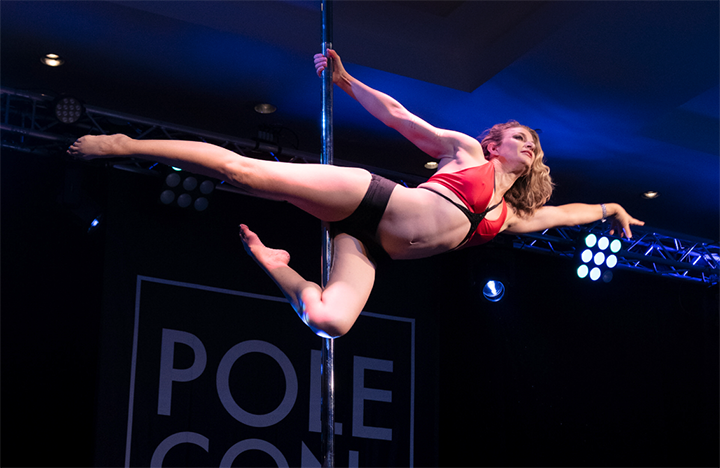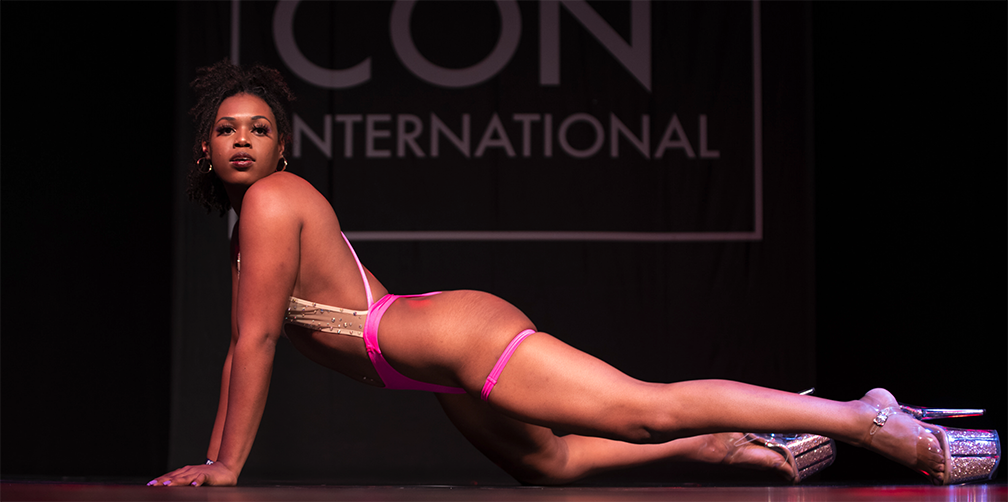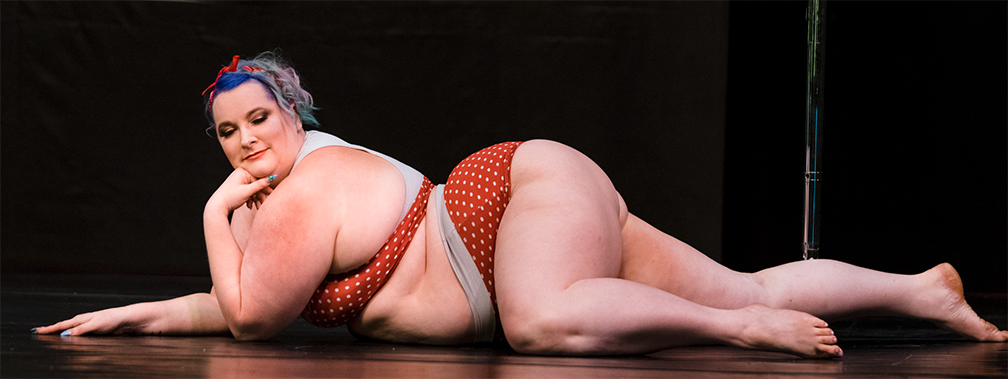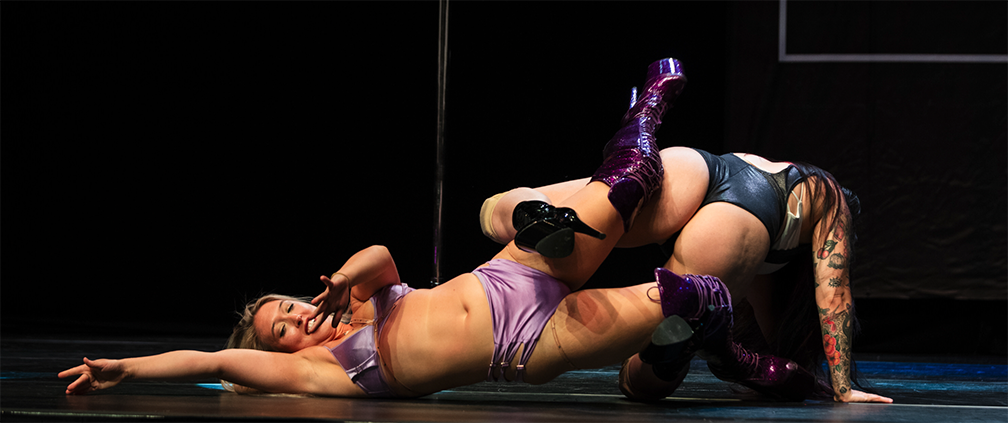
What does longevity mean to you?
This has been coming up as a theme in many conversations with other pole teachers lately. I think we’re all worried about aging (I might be projecting here 😝😬) and also trying to understand what longevity actually looks like in our real lives. Not just in our own training (what we train, when we train, how we train) but in our teaching too.
Aging comes to us all
Most of my contemporaries are entering the “Pole Master” (over 40) category and we’re wondering what happens next. There are of course a few stand out polers in their 60s and 70s like Mary Caryl and Greta Pontarelli. That we can already look up to but are they superhuman? Or is this the “norm” that I get to look forward to? Seriously – both have had hip replacements (I think that’s correct!) and Mary Caryl can still spatchcock and Greta can still deadlift!!! #goals
Will the rest of us who started poling in our 20s and 30s still be poling at 70? Even if we will still be poling, will newbie polers still want to take class with us “old farts”?
(Sidebar: I did have a pole class complain about my playlist being “old” once, since then I’ve decided to “lean in” and only play 90s throwback hits. Ha!)
Polling the polers
I’ve been asking myself and my pole friends a lot of these questions and they have been giving me very interesting comments back.
Some worry — are we still polers if we don’t do tricks and “just” dance?
What if we only focus on what we do best and don’t train the things we find to be challenging or too hard on the body?
As someone who only became active later in life, I’m currently pursuing some goals that until recently only seemed like young people could or should do them like chest stands.
Back in my day (cue my “old lady voice”) I wasn’t very athletic and while I did have friends who presented female who were active, a lot of us were conditioned to care more about what we looked like rather than how we felt. Our bodies were praised for appearance and not simply enjoyed for all the cool things we could do (or not do if that was our choice) with them. I presumed that because I didn’t start doing some things like dance or gymnastics as a child, I would never be able to do them. I thought that I had simply missed the boat.
Education is key
I started pole dancing on a lark. And it drew me in and has set me on a path of athleticism I never imagined. Because I didn’t come from a lifetime of movement it also made me hyper focused on educating myself on how the body works so I could address my issues and later, so I could help my students move more efficiently and without pain.
In class the other day I was telling a new student just how much more we pole teachers know now than we did 10+ years ago when I first started. We have studies being done about us and medical professionals specializing in us. We have so many more resources now than we ever did before.
I wonder, looking back at the people I started with who left pole because of injury or because life got in the way, if we had the resources then that we have now, maybe they could still be enjoying pole as a hobby and maybe avoided a few injuries!
Does it spark joy?
Some people have told me that longevity means adapting to new things, evolving, whether that’s to new information or to new changes in their bodies and lives. It’s ok to have a life event take you out of poling or for you to simply decide you don’t want to train tricks anymore, you want to work on your musicality.
Many people have told me they want to keep focusing on their joy. As their lives change, if they aren’t doing something that is bringing them joy then what’s the point? Some follow specific health regimes and like me have embarked on journeys to maximize their well-being through mobility, sleep, recovery, nutrition, and mental health improvements.
Just like there’s no wrong (or right) way to pole dance, there’s no wrong way to find your joy and longevity within the industry! I’m excited about some conversations I’ve heard about managing menopause as a poler, being pregnant and poling, and seeing polers return after taking long life breaks, starting over with fresh eyes but the same joy they felt when they first started as a younger person.
What do you think?
Is longevity about doing everything you used to do?
Or trying new things? Is it about doing those things smarter and adapting?
Is it about “managing” aging and associated changes or is it about defying it?
I’m curious. What does longevity mean to you?
- Interview with New PoleCon Instructor: Melonsl - May 9, 2025
- PoleCon Hub Page: PoleCon Info - April 25, 2025
- Interview with New PoleCon Instructor: Aerial Crystal - April 4, 2025


